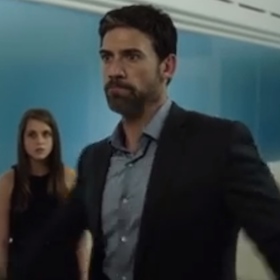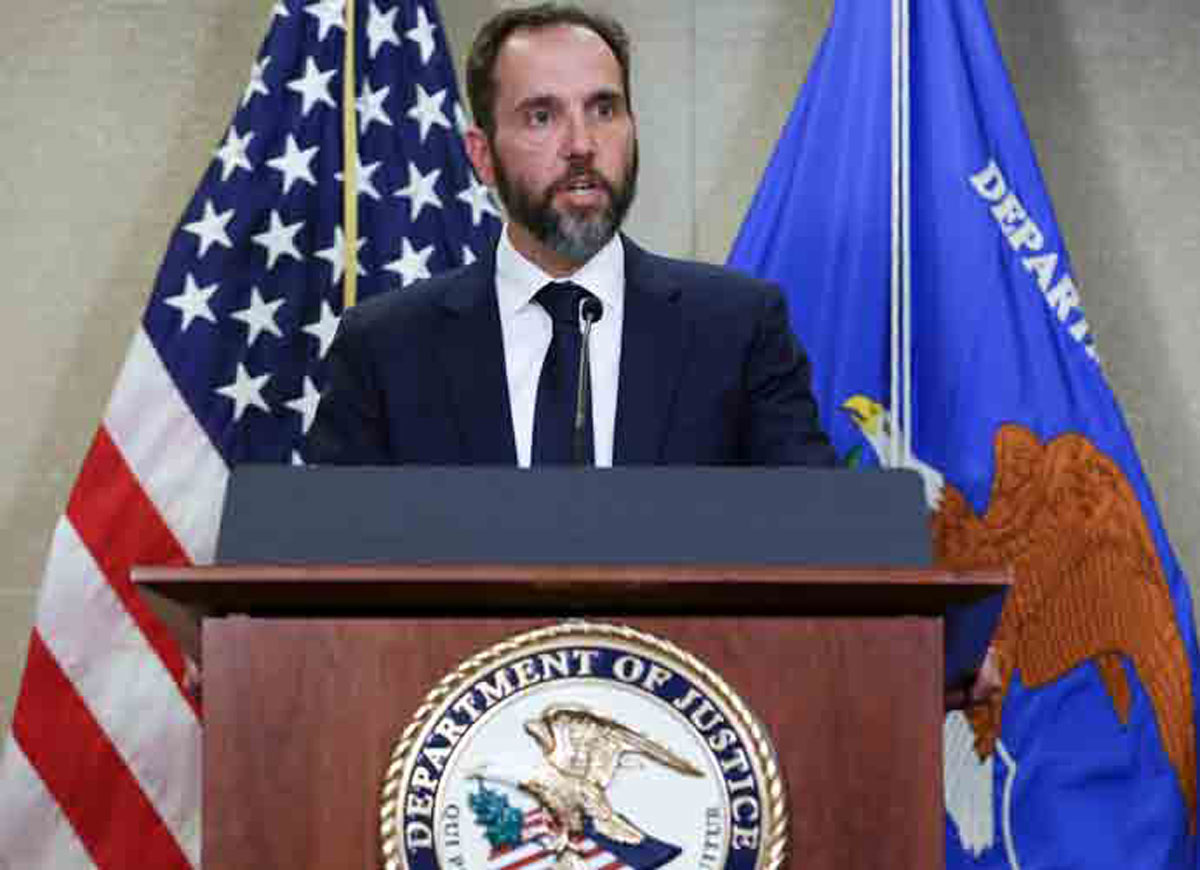'Tyrant' Series Premiere Review: A Shallow Take On A Complex Story

2/5
Tyrant had an opportunity to be a landmark television series. The basics — the self-imposed exile of the youngest son of a dictator ends as he returns home for a family wedding only to become entangled again by his family’s problems — is essentially The Godfather with an Arabic lens. Considering the role of Arabs and Muslims in entertainment is largely impelled by our fears, Tyrant seemed to be a chance at giving us insight into not only a complex culture but of the strange relationship between a dictator and the people he rules. But Tyrant isn’t about that at all. It’s a family soap opera that happens to take place in the Middle East. That in itself isn’t a bad thing, but it’s incredibly banal.
Bassam “Barry” Al-Fayeed (played by white British actor Adam Rayner) escaped his violent and militant family, became a pediatrician and has lived in Los Angeles for twenty years now. He’s married to Molly (Jennifer Finnigan) and they have two teenagers, Emma (Anne Winters) and Sammy (Noah Silver). Despite never wanting to return to his native Abbudin (a thinly veiled Syria) he decides to return for his nephew’s wedding. The problem with this is that Barry’s never actually met his nephew and considers his entire family to be little more than animals. For twenty years, Barry has had little to no contact with these people, has never felt the need to return but does now because…because the show needs to happen.
We’re shown Barry’s upbringing through flashbacks, which depict his father as purely malignant and explains why his older brother Jamal (Ashraf Barhom) turned into a brutal sociopath himself. The only problem is that they’re all merely evil, with no three dimensionality. We’re shown that these people are bad and that’s what defines them. Jamal is particularly brutal. He’s a fictionalized version of Uday Hussein; when not blasting Aerosmith from his sports car he’s sexually assaulting various women. Each rape is shown in detail, three in total, and in the runtime of the episode essentially means that you have one sexual assault for almost every act break.
While rape and the subjugation of women in the Arab world is well known, the fact that this happens so often in the show makes it more exploitative than a social statement, and that’s one of the problems with the series. It’s visceral but there’s no point to it. Rape and violence is merely a plot device to let the audience know that Jamal is bad (we got it after the first rape, which was Jamal’s first scene, FYI) and the scenes depicting it are long and ugly. The only problem is that it’s merely a plot device and insubstantial. It’s a shortcut to creativity that only makes the audience feel like crap.
The rest of the pilot unfolds with few surprises. Barry’s American family is seduced by the opulence despite the entire world, including them, knows about the horrid things the Al-Fayeed regime has done. Some bad stuff happens and Barry is put in the position where he has no choice but to lead, if only temporarily. From here, we see that Barry isn’t just Michael Corleone, but he is also meant to be a fictional stand-in for Bashar Assad, which, again, would be fine if there had been any indication that any of this would lead anywhere.
There are a few interesting beats. Reporter Fauzi Nadal, played by Fares Fares, has a built in arc and a history with the Al-Fayeed family which is waiting to be developed. Barry’s son Sammy is a homosexual in a land where to say that it is frowned upon would be like saying Antarctica is a tad chilly. While his family, outside of his sister, does not know, Sammy decides not to heed Emma’s warnings and has begun further exploring his sexuality in Abbudin. These two points make up the only thing worth watching in the show if only because we know we haven’t really seen this on television — at least not from this angle — and whatever the outcome we know it will likely be tragic. Of course, these are two minor subplots, so how much development (or quality of them) they receive is still unclear.
The series was created by Gideon Raff (Prisoners of War, Homeland) but he left the project to fellow developers Howard Gordon (24, Homeland) and Craig Wright (Six Feet Under) after a dispute about the direction of the series. Extensive rewrites and reshoots plagued the show during its early production, and despite the fact that Raff is credited with writing the pilot, it’s more than likely that the series will change course drastically by mid-season, though it’s unlikely to change for the better. Given that after its first two seasons 24 became a mess, as did Homeland after its original season, it’s likely that Gordon’s latest production will do what those series did: exploit real life events but offer no real exploration, no insight or new viewpoint.
We, as Americans, are always left asking why things are the way they are in the Middle East. It’s a tangle of politics, military dominance, religion and dissidents. It has been that way for decades. Tyrant points that out but fails to broach the question of why.
Tyrant airs Tuesday nights on FX.
RELATED ARTICLES
Get the most-revealing celebrity conversations with the uInterview podcast!







Leave a comment